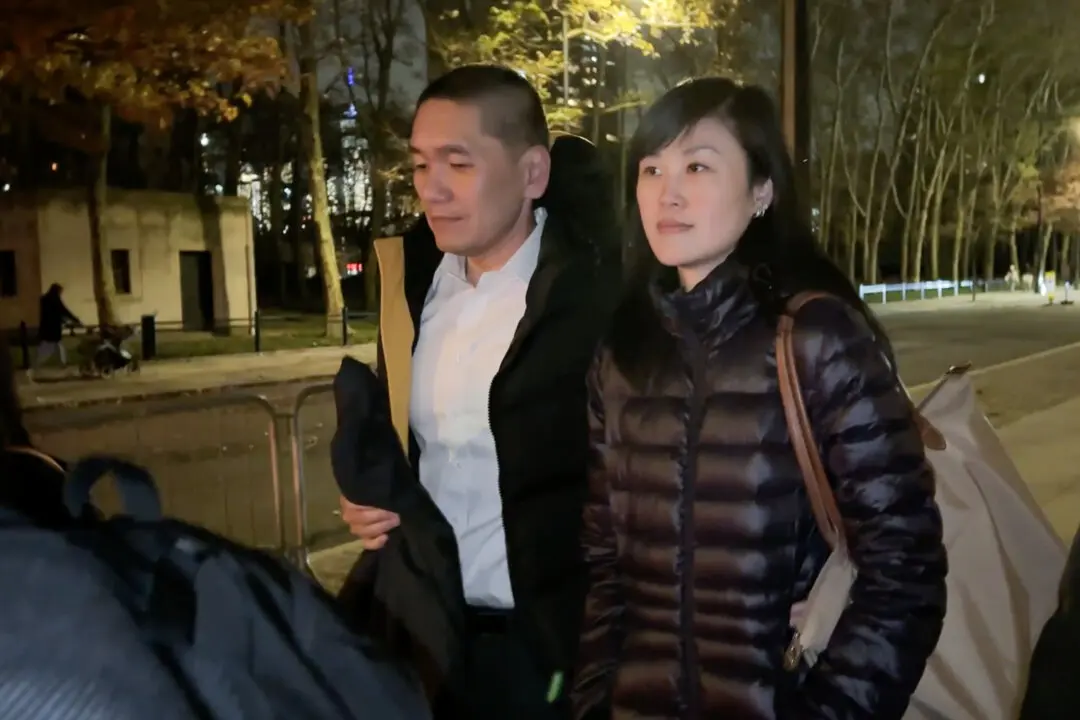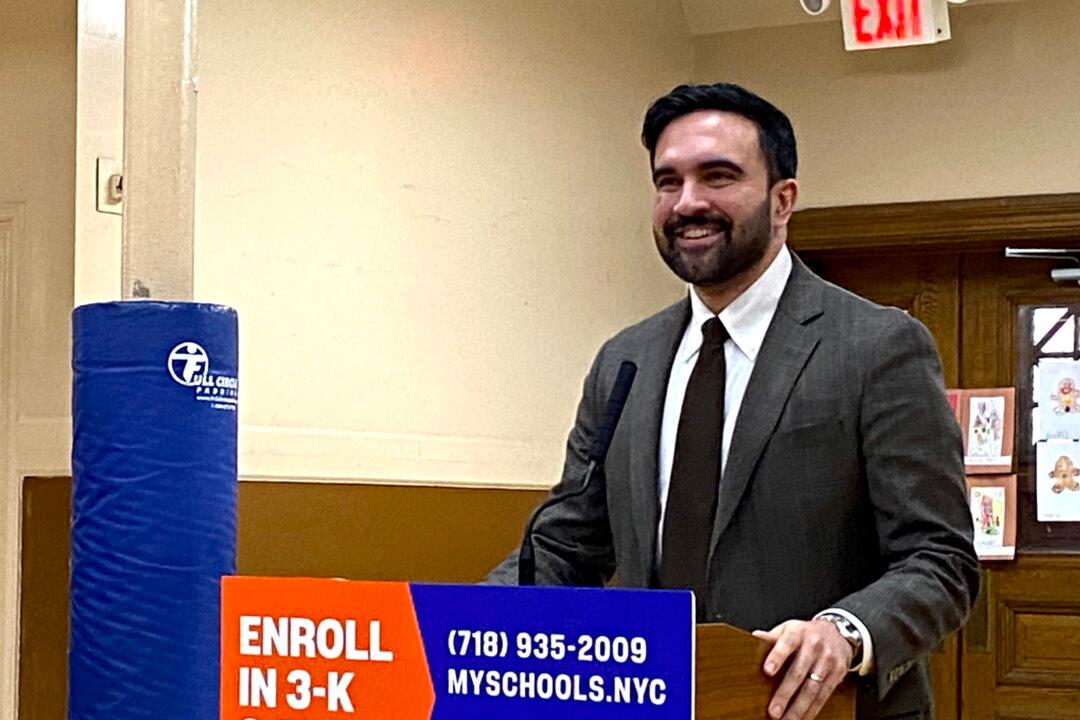Carter and Elders Gain Little Ground in N. Korea
Former U.S. President Jimmy Carter left North Korea empty handed on Thursday after hoping his visit, along with three other former heads of state, known as the Group of Elders, could chart a course toward resuming peace talks.

ADULT FEMALE WINNER: Cindy Liu, winner of the adult female division performs 'Celestial Melody.' Dai Bing/The Epoch Times
|Updated:





